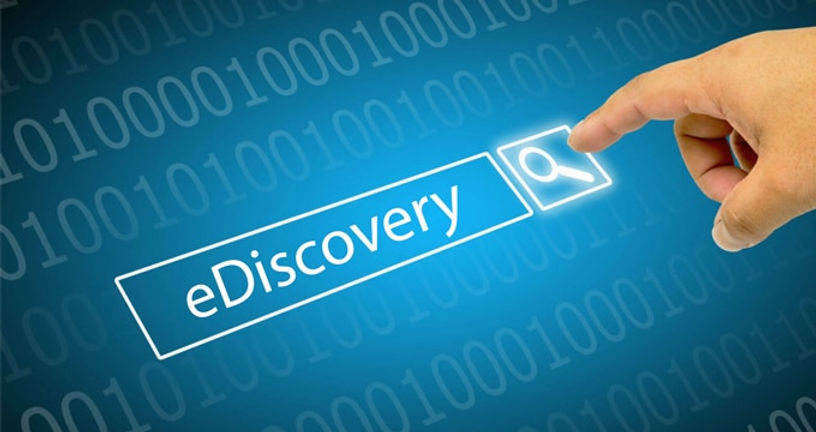The Importance of eDiscovery and the Laws That Uphold It
The digital footprint of any organization is enormous—and constantly growing. From emails and messaging apps to cloud documents and enterprise databases, valuable information is scattered across a multitude of platforms. When litigation, investigations, or regulatory reviews arise, organizations must be able to locate, preserve, and produce this information efficiently and legally. That’s where eDiscovery comes into play.
What Is eDiscovery?
eDiscovery, or electronic discovery, refers to the process of identifying, collecting, preserving, reviewing, and producing electronically stored information (ESI) in response to a legal request. It’s a critical component of modern legal proceedings, allowing parties to access relevant digital records that may serve as evidence in a lawsuit, regulatory audit, or internal investigation.
Why eDiscovery Matters
- Legal Compliance: Failing to produce requested electronic records during litigation can result in penalties, case dismissals, or sanctions. Proper eDiscovery processes help ensure compliance with court rules and reduce legal risks.
- Risk Mitigation: By implementing a structured eDiscovery approach, organizations can reduce the risk of data spoliation (alteration or destruction of evidence), which can be devastating in legal contexts.
- Operational Efficiency: Automating and streamlining data search and review through eDiscovery platforms helps save time, lower costs, and improve accuracy.
- Transparency and Accountability: eDiscovery encourages organizations to adopt better information governance practices, promoting transparency and accountability in how data is handled.
Legislation That Supports eDiscovery
Several key laws and frameworks have shaped the landscape of eDiscovery in the U.S. and globally:
- Federal Rules of Civil Procedure (FRCP): In the U.S., the 2006 amendments to the FRCP formally recognized ESI as discoverable evidence and set forth obligations for preserving and producing digital data during litigation. Rule 26 and Rule 34 are particularly relevant to eDiscovery.
- General Data Protection Regulation (GDPR): While primarily focused on data privacy, the GDPR (in the EU) intersects with eDiscovery by imposing strict requirements on how personal data is processed, transferred, and retained—especially in cross-border cases.
- The E-SIGN Act (2000): This law gives electronic records and signatures the same legal weight as paper records and handwritten signatures, further reinforcing the validity of digital evidence.
- The CLOUD Act (2018): This U.S. law clarifies government access to data stored abroad by American service providers, impacting how data is retrieved in legal investigations involving cloud-based services.
Looking Ahead
As digital communication tools evolve and the volume of ESI continues to grow, eDiscovery will remain a cornerstone of legal readiness. Organizations must invest in robust information governance strategies and leverage advanced technologies—including AI and machine learning—to manage eDiscovery efficiently and defensibly.
Whether it’s responding to a court order, an internal investigation, or a regulatory audit, eDiscovery plays an indispensable role in today’s legal landscape. Supported by evolving legislation and driven by technological innovation, eDiscovery empowers organizations to navigate legal complexities with confidence, compliance, and clarity.
recent posts
You may already have a formal Data Governance program in [...]

